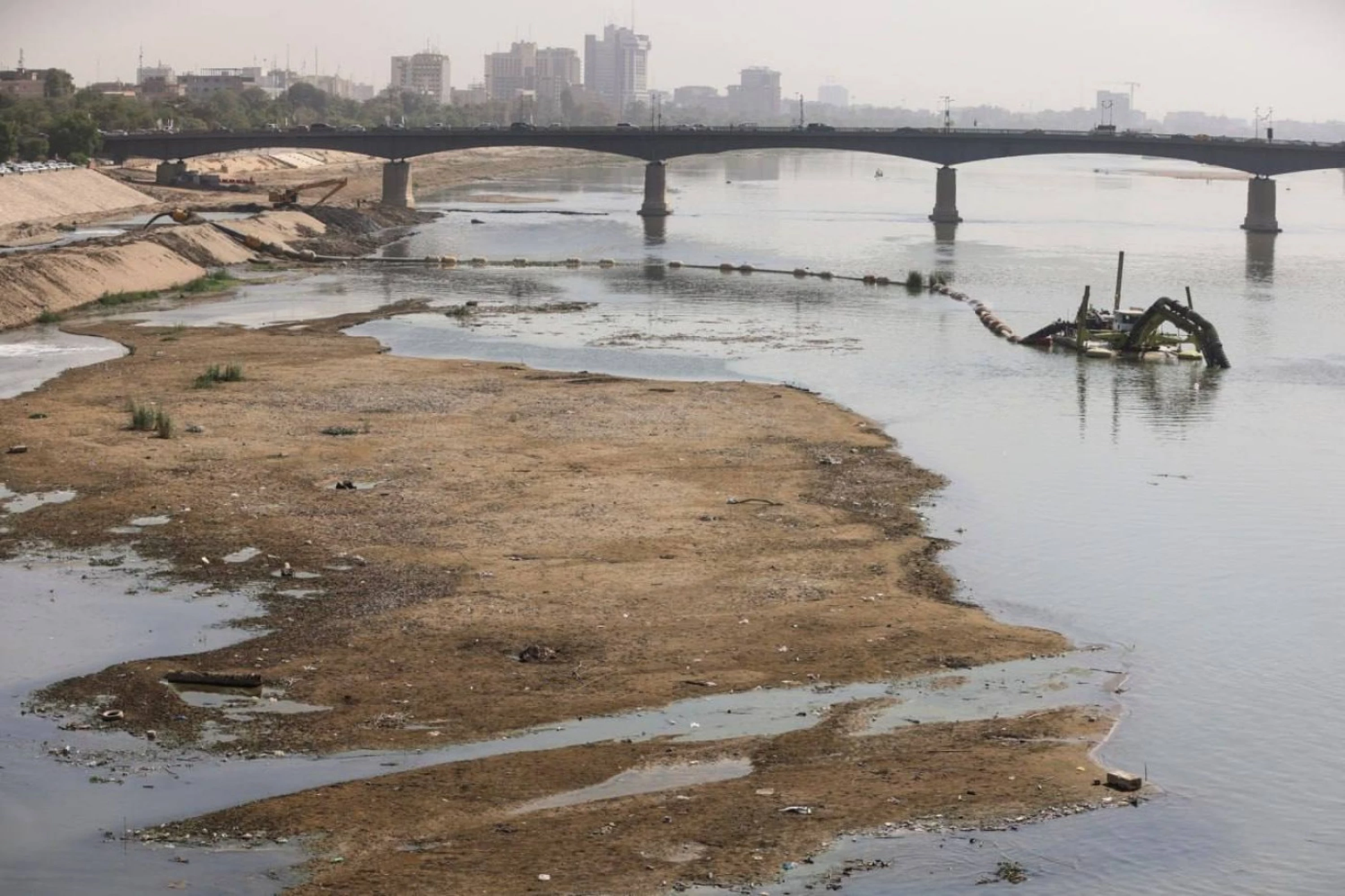ERBIL, Kurdistan Region of Iraq - A lawmaker from the Iraqi parliament’s agriculture, water, and marshes committee on Thursday warned that the Tigris River is facing an “environmental genocide,” threatening all of Iraq with a “catastrophe” as the country continues to face severe drought.
“We must be vigilant against the worsening drought and water scarcity crisis in Iraq. The Tigris River is being subjected to a systematic environmental genocide that threatens agricultural, environmental, and economic life in the country,” lawmaker Thaer Makhif al-Jubouri told The New Region.
The lawmaker warned that the decline in water flows has deteriorated the Tigris River’s ecosystem, increased pollution and fish mortality, and threatened food and environmental security.
“Iraq faces a real environmental catastrophe if urgent action is not taken internally and externally. Water diplomacy must be activated with neighboring countries, particularly Turkey and Iran, to ensure equitable water shares in accordance with international laws and agreements,” Jubouri stressed.
Earlier in October, Iraq’s water resources ministry said that water levels in the country’s fabled rivers - the Tigris and Euphrates - are expected to drop soon due to a decrease in releases from upstream countries and climate change.
Iraq has long struggled with dangerously low water levels due to the upstream damming of its rivers by Turkey and Iran and the withholding of the precious resource, causing hundreds of families from the southern provinces to emigrate as water quality deteriorates.
“The Tigris River is not just a waterway, but the lifeblood of Iraq and its cultural identity. Failure to protect it means compromising the future of the country,” Jubouri stated.
The parliamentary finance and water committees had previously called for declaring a "water emergency" in Iraq, taking formal steps to host Prime Minister Mohammed Shia al-Sudani in the legislature to discuss the issue and hold Ankara accountable. The lawmakers have accused the Iraqi government of "failing" to resolve the country's four-year-old water crisis.
In July, Iraqi authorities announced that Turkey agreed to release an additional 420 cubic meters of water per second to Iraq from the upstream portions of the Tigris and Euphrates rivers.
But despite the agreement, water shortages persist, threatening the livelihoods of millions of residents and worsening an already severe crisis. Turkey has built about 20 dams over four decades, holding roughly 80 billion cubic meters of water – eight times the capacity of Iraq’s Mosul Dam, the country’s largest.



 Facebook
Facebook
 LinkedIn
LinkedIn
 Telegram
Telegram
 X
X


